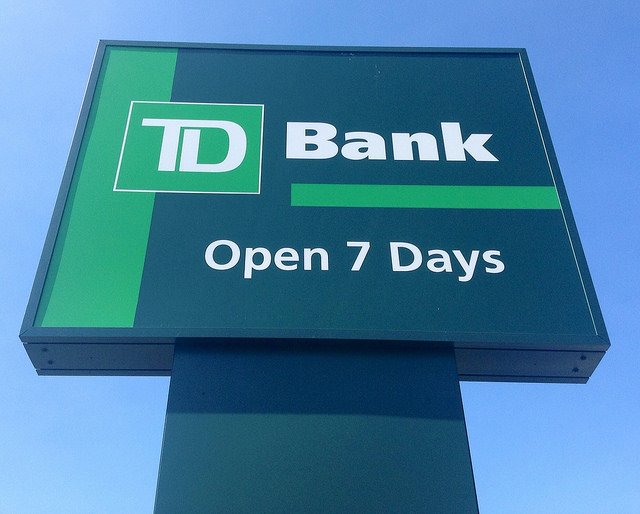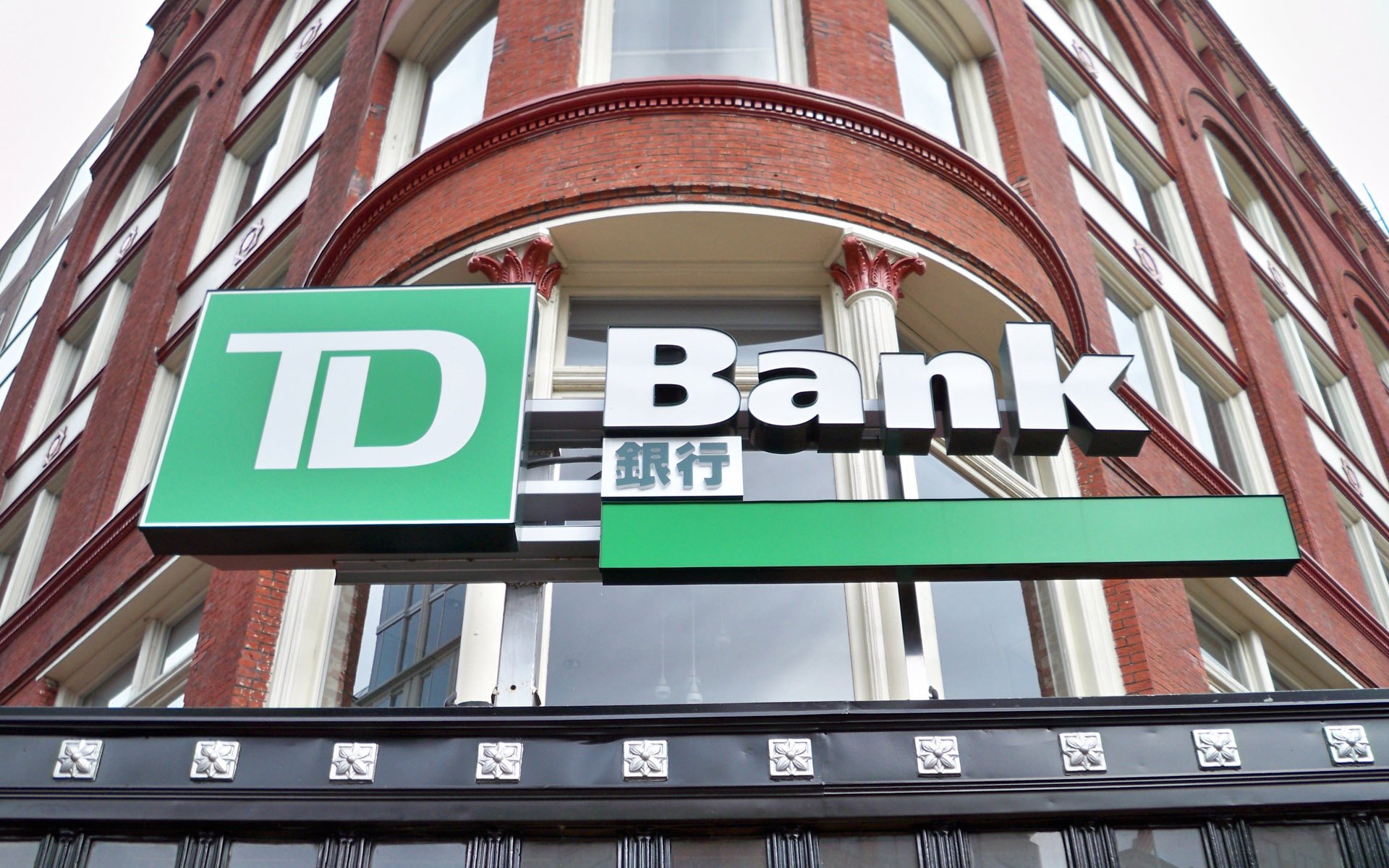North American financial giant TD Bank is planning on potentially using Bitcoin’s underlying technology to digitally track assets on the public ledger.
Banking on the Blockchain
According to a United States Patent Application made public on March 29th, North American banking giant The Toronto-Dominion Bank is interesting in using a public distributed ledger to help track transactions via point-of-sale computers.

Specifically, TD Bank’s patent application outlines “an apparatus for use in a digital asset tracking system includes a storage device and a processor coupled to the storage device.” According to the application’s abstract:
The storage device stores software instructions for controlling the processor that when executed by the processor configure the processor to receive a signal representing a request comprising a first transfer from a first digital container associated with a first client to a second digital container associated with a second client. A value of the first transfer is compared to a total value in one or more accounts associated with the first client. At least one of the one or more accounts associated with the first client has a value in a first currency. A first draft is generated from a first account to an account associated with the second client. The first draft comprises a value in a second currency equivalent to the value of the first transfer.
In laymen’s terms, the technology would allow computers to create data blocks which store information about the transacted assets, their value in fiat currency, and the transactions themselves.
Blockchain Proving Popular
As is usually the case, the patent application was initially filed in September 2016. Whether or not TD Bank plans on following through with the plan remains to be seen. Still, this recent filing from the North American banking giant illustrates the increased interest in Bitcoin’s underlying technology from traditional financial institutions and major corporations.

TD Bank’s patent application is particularly complimentary in regards to blockchain technology, writing, among other things:
One advantage of block chain based ledgers is the public nature of the block chain architecture that allows anyone in the public to review the content of the ledger and verify ownership.
Other notable patents released recently include Cisco’s application to develop a confidential group communications method utilizing Bitcoin’s underlying technology, as well as the United Parcel Service’s plans for a decentralized locker system accepting Bitcoin as a form of payment.
China currently leads the world in blockchain-related patent applications, with over 200 in 2017. The United States is second, with 91 over the same span.
What do you think about traditional financial institutions co-opting Bitcoin’s underlying technology? Let us know in the comments below!
Images courtesy of Wikipedia Commons, Flickr/@Mike Mozart, and Adobe Stock.











